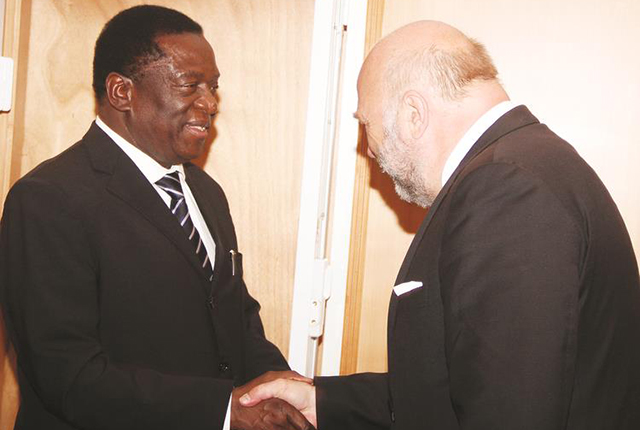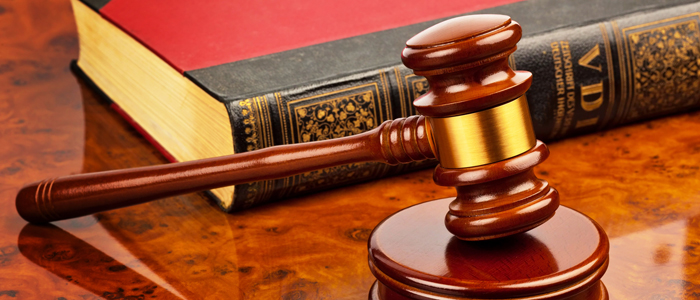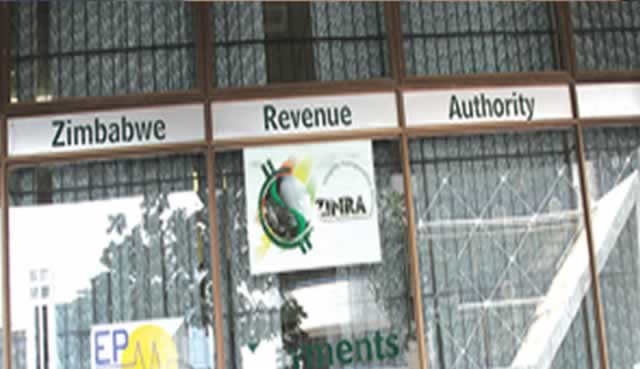‘Zim has free media, independent judiciary’


Vice President Emmerson Mnangagwa welcomes the Personal Representative to German Chancellor for Africa Mr Gunter Nooke at his Munhumutapa offices in Harare yesterday
Felex Share Senior Reporter
Zimbabwe is a more developed country compared to many African countries and has an independent media and judiciary, the representative of the German Chancellor for Africa, Mr Gunter Nooke has said.Briefing the media after meeting Vice President Emmerson Mnangagwa at his Munhumutapa Offices in Harare, Mr Nooke said while the Zimbabwe Constitution gave everyone the right to demonstrate, the protests had to be done in a peaceful manner.
This comes as some Western countries, principally United States, Canada and Australia are attempting to portray Zimbabwe in bad light ahead of the Universal Periodic Review (UPR) meeting in Geneva, Switzerland next month.
The UPR, a State-driven process under the auspices of the United Nations Human Rights Council, is a process that involves a review of human rights records of all United Nations member states.
VP Mnangagwa, who oversees the Ministry of Justice, Legal and Parliamentary Affairs will represent Zimbabwe at the meeting.Mr Nooke said it was possible for Germany and Zimbabwe to mend their strained relationship.
“I think Zimbabwe is much more developed than many other African countries. You have a vital civil society, free media, an independent judiciary and all that can be used (to mend relations). The main issue is, people have the right to express their opinions, freedom of assembly and we fully agreed (with VP Mnangagwa) that everything must be peaceful.”
Mr Nooke’s assertions are also different from other Western countries that have been angling to effect regime change in the country.
The countries have always sought to portray Zimbabwe as an undemocratic country and, were implicated as sponsors of violent demonstrations by opposition parties and shadowy groups in the past weeks.
The violent demonstrations have seen shops being looted, property being burnt, innocent people and police officers attacked.Vehicles have also been burnt.Mr Nooke, who described his hour-long meeting with VP Mnangagwa as a “tough exchange” said, Zimbabwe and Germany needed “regular and direct exchanges”, instead of relying on third parties.
“I was very appreciative of the frank exchange of opinions of where we have agreed and where we have not agreed,” he said.
“I think we need better communication directly, face to face, and explain what is going on in this country, what the problems are, what the allegations are and what we can do together for a better life for everyone — for ordinary people in the rural areas. Talking about the needs of these people is important.”
He said they had also talked about investment.“We have also spoken about investment of German companies in the agriculture sector,” Mr Nooke said.“We will observe what is happening with these investments. Is it predictable and accountable for investors to come to Zimbabwe or not?”
By virtue of being a member of the European Union, Berlin cut ties with Harare in 2002 after the latter embarked on a land redistribution exercise.This was at the behest of Britain, after it reneged on its earlier commitment to compensate white commercial farmers for land distributed to the poor in Zimbabwe.
Sources said Mr Nooke had tried to raise concerns over the distribution of food on what he termed “partisan basis.”His concerns were however quashed with VP Mnangagwa referring him to statements made by the United Nations Development Programme (UNDP) resident coordinator Mr Bishow Parajuli last week.
Speaking after meeting VP Mnangagwa, Mr Parajuli said the food distribution programme was going on well: “The food distribution programme has been going on very well so far though there have been some concerns here and there, but I think Government is responding very quickly to those concerns and there has been a very strong directive from the highest level to provide food to all the people who need it,” he said.











Comments